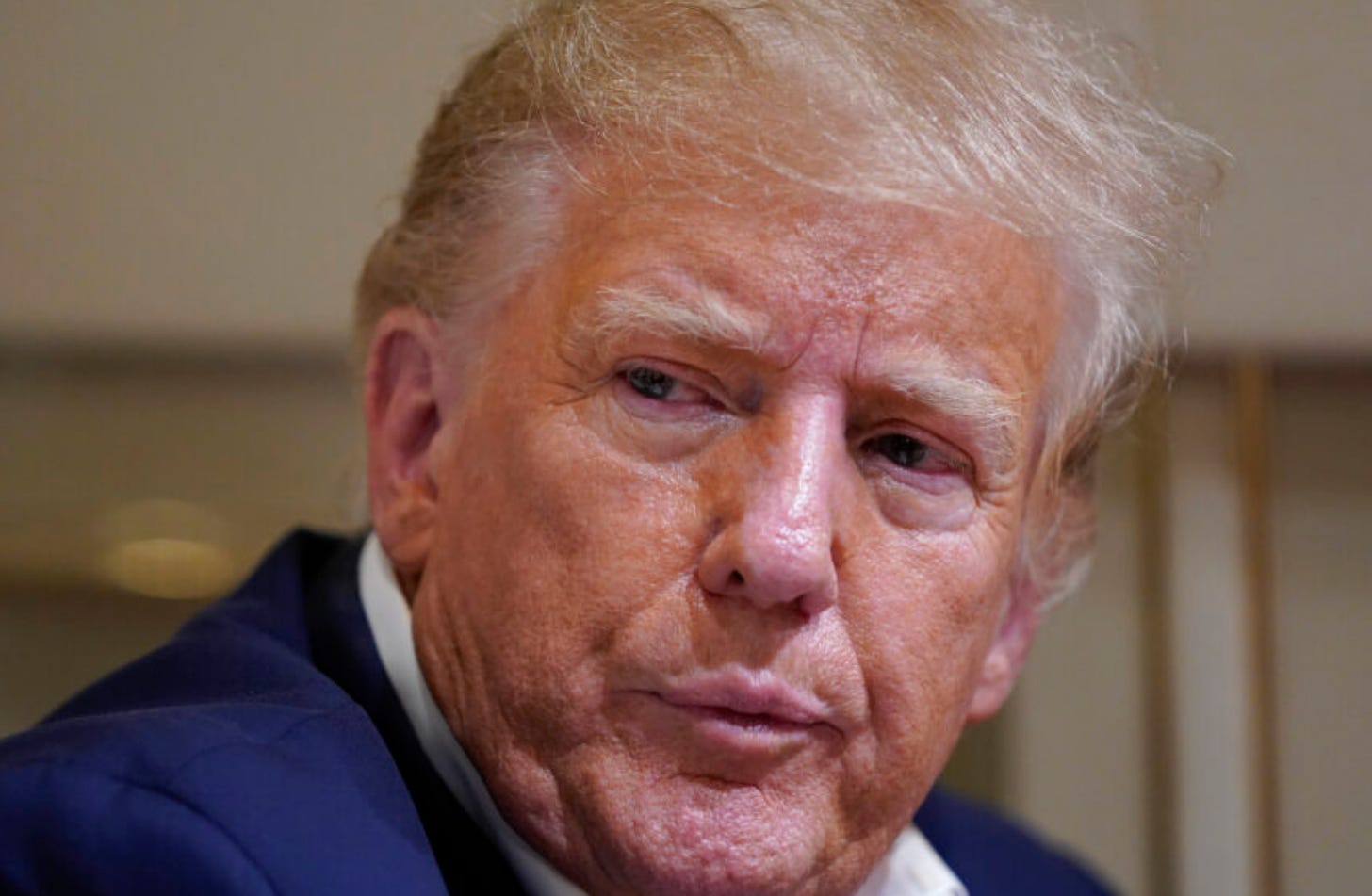While we may be quite some time away from the possibility of former President Trump facing a criminal trial in Manhattan, his legal team is undoubtedly preparing for such an eventuality. Naturally, a significant decision that arises from this planning process is determining whether Trump should take the stand in his own defense.
Former Attorney General Bill Barr has already offered his opinion, stating that it would be "an unwise idea for Trump due to his lack of self-restraint, making it exceedingly challenging to prepare him for and maintain prudent testimony." However, this doesn't guarantee that Trump will abstain.
Here are several reasons why an individual may choose to testify on their own behalf:
1. Establishing Credibility: The defendant might wish to testify to convey their perspective, thereby solidifying their credibility with the judge or jury. In doing so, they can potentially counteract any doubts or misapprehensions disseminated by the prosecution.
2. Humanizing the Defendant: Testifying can help humanize the defendant, allowing the jury or judge to perceive them as an individual rather than a mere name in legal documentation. This personal connection can engender empathy and potentially result in a more favorable verdict.
3. Elucidating Details or Providing Context: The defendant may clarify specific details, offer context, or explain extenuating circumstances that might not have been otherwise presented during the trial without their testimony.
4. Strengthening an Alibi: Testifying can bolster the defense for a defendant possessing a robust alibi. By providing a meticulous account of their whereabouts and actions during the time when the alleged crime transpired, they can strengthen their case.
Conversely, there are numerous reasons why defendants might decide against testifying in their own defense:
1. Risk of Self-Incrimination: If a defendant faces challenges when responding to cross-examination questions or has a propensity to make incriminating statements, opting not to testify might be a safer choice.
2. Previous Criminal Record: Should a defendant possess a prior criminal history, testifying could expose them to inquiries about past transgressions, which could undermine their credibility in front of the jury.
3. Limited Communication Skills: A defendant who struggles to communicate clearly or effectively may not perform well on the stand, potentially jeopardizing their case.
4. Emotional Volatility or Stress: Testifying can be an emotionally intense and taxing experience. If a defendant is uncertain about maintaining their composure, they might prefer not to testify.
5. Legal Strategy: The defendant's attorney might counsel against testifying as part of the overarching defense strategy, particularly if the attorney believes the prosecution has failed to prove the defendant's guilt beyond a reasonable doubt.
Considering the range and scale of the potential charges, as well as possible charges from external cases, Trump sitting on the stand would likely fill his attorneys with trepidation. If he were to testify, he would be under oath and vulnerable to numerous charges should he be found to have perjured himself.




Bill Barr is 100% right. Don’t believe TFG has ever appeared in court personally. Not in recent times, certainly. And Barr isn’t the first with firsthand knowledge to say almost exactly this.